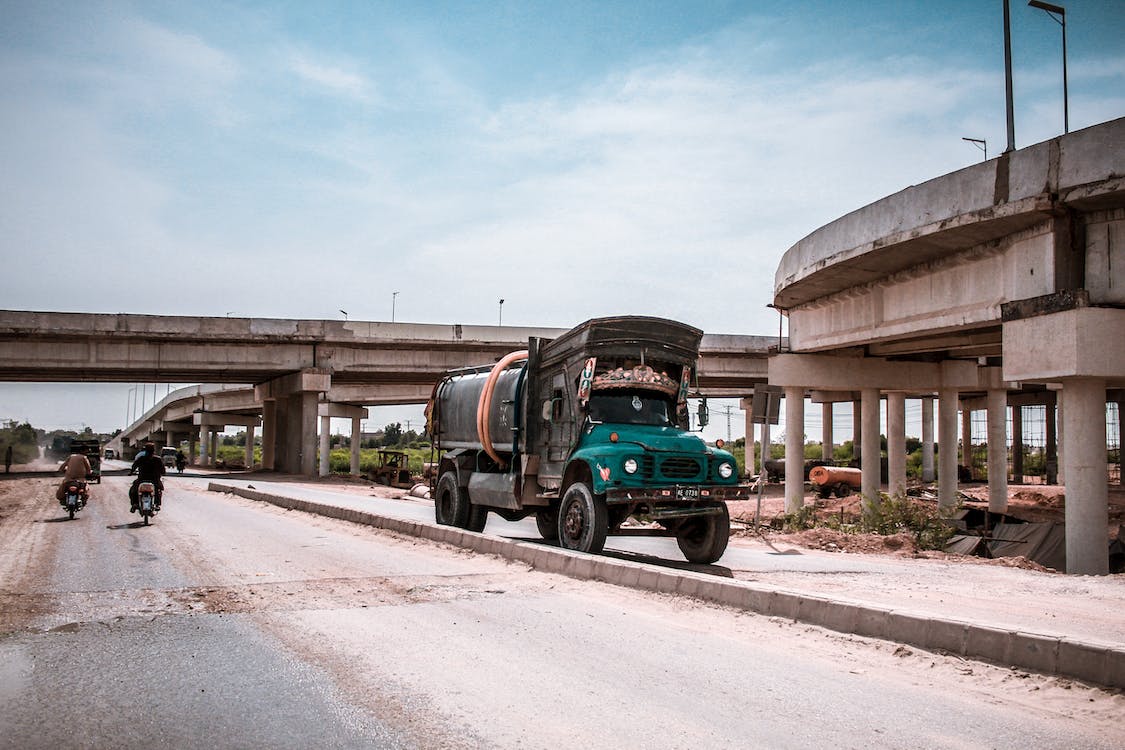Semi-truck accidents can be some of the most devastating incidents on the road, and insurance coverage plays a critical role in the aftermath of these events. The costs associated with semi-truck accidents can be astronomical, and it’s essential to have proper insurance coverage to mitigate these expenses.
When a semi-truck accident occurs, the first step is to determine who is at fault for the incident. In cases where the driver is an independent contractor, this can be a complicated matter. Independent contractor truck drivers operate their own businesses and often have their own insurance policies. However, the trucking company that hires these drivers is responsible for ensuring that they have proper insurance coverage.
To meet this requirement, trucking companies are required to verify that their independent contractor drivers have the necessary insurance coverage before they can operate on the company’s behalf. This typically includes liability coverage, which covers damages that the driver causes to others while driving. This can include property damage, bodily injury, and even death. In addition to liability coverage, independent contractor truck drivers may also have physical damage coverage, which covers damage to their own truck and equipment.

Insurance coverage requirements for CDL drivers
The insurance coverage requirements for independent contractor truck drivers can vary depending on the state they are operating in and the type of cargo they are transporting. Some states require higher minimum liability coverage limits for hazardous materials. It’s important for both independent contractor truck drivers and trucking companies to understand the specific insurance coverage requirements in their state.
In the event of a semi-truck accident, the insurance coverage for independent contractor truck drivers can be complex. If the independent contractor driver is at fault for the accident, their liability insurance may cover the damages. However, if the accident is caused by a mechanical failure or other issue with the truck itself, the trucking company may be found liable for damages even if the independent contractor driver is not at fault. This is because the trucking company is responsible for properly maintaining their vehicles and ensuring that they are safe to operate.

Vicarious Liability
Furthermore, in some cases, the trucking company may be held vicariously liable for the actions of their independent contractor driver. Vicarious liability means that the trucking company can be held responsible for the actions of their independent contractor driver even if they were not directly at fault for the accident. For example, if the trucking company required their independent contractor driver to operate the truck for an unreasonable number of hours, they could be held vicariously liable for the driver’s actions if an accident occurred.
It’s crucial for both independent contractor truck drivers and trucking companies to have a clear understanding of their insurance coverage and liability in the event of a semi-truck accident. This includes understanding the specific insurance requirements in their state, the coverage limits of their insurance policies, and the potential for vicarious liability. If you are an independent contractor truck driver, it’s essential to work with an insurance provider that understands your unique needs and can help you find the coverage that is right for you.
Conclusion
In conclusion, semi-truck accidents involving independent contractor drivers require a thorough understanding of insurance coverage and liability. Trucking companies must ensure that their independent contractors have proper insurance coverage, and both parties should have a clear understanding of their potential liability in the event of an accident. With the proper insurance coverage and understanding of liability, both independent contractor truck drivers and trucking companies can be better prepared to handle the aftermath of a semi-truck accident.
